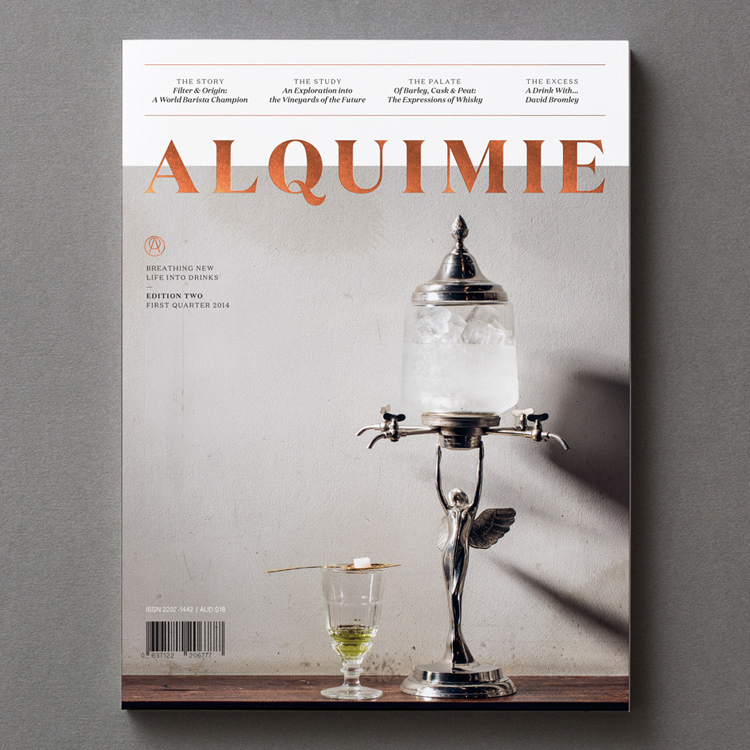The Ancient Methodology and Depth Behind Hana Makgeolli’s Fermented Wines
In NYC, this brewery and tasting room offer a rare taste of Korean tradition

From as early as the Neolithic era, humans across cultures have used fermentation to produce succulent, imaginative beverages. Be it 7000 to 6600 BCE in China, 5000 BCE in India or 3150 BCE in ancient Egypt, fermentation’s ancient technology has been cultivated and expanded throughout the ages. In Korea, the process is used to create vastly different alcoholic beverages, which are referred to under the all-encompassing term “sool.” While many have heard of of soju, a Korean distilled spirit that falls under the sool category, there is a range of other tangy, complex indulgences that are rare even in Korea, much less outside of it—until now. Located in Brooklyn, Hana Makgeolli brews high-quality, traditional sool that honors the early artistry and creativity of the drink’s ancient pioneers.

Founded by Alice Jun, Hana Makgeolli is a sunlit brewery, with a taproom, that occupies a 2,500-square-foot space in northern Greenpoint. Their cloudy and milky offerings (available online or in-store) derive from fermented rice and vary from drier, tangy brews to sweeter mixtures fermented with different botanicals and fruits. To understand the breadth and beauty that the brewery offers, however, one has to first understand the categories of sool which, Jun tells us, are divided into three sections.

“There’s fermented wines, fermented alcohols and distilled spirits,” she explains. “We’re making fermented wines within the greater category of sool, and then within that we are making several different varieties: sedimented rice wines that are kept and finished above 10% ABV, which we call takju; makgeollis which are sedimented rice wines at 10% or below; and yakju, which are clarified rice wines.” Hana is the first and only brewery in the US to produce these varieties of Korean beverages.
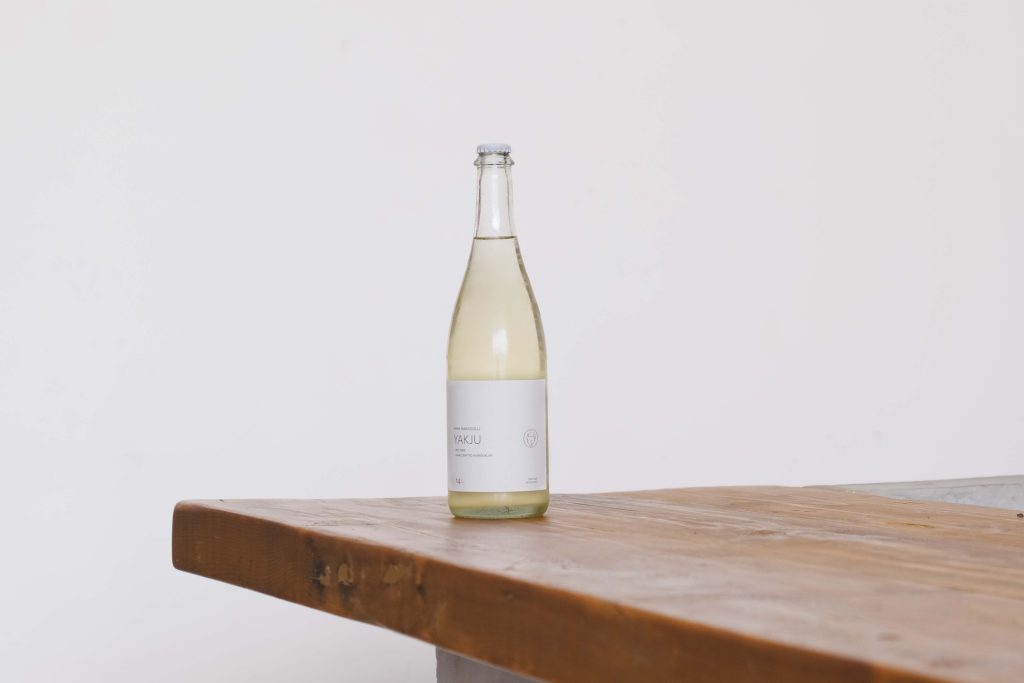
That accolade is not one Jun takes lightly. Having fermented drinks since her father taught her when she was little, Jun has been immersed in the world of microbes almost all her life and has seen the tradition change. “Alcohol fermentation is and was a common domestic practice, not just in Korea, but all over the world. With war, famine, occupation and most definitely industrialization, you see a consolidation of the industry and then regulation—which isn’t necessarily a bad thing, so much innovation comes from that—but there are many other forms of alcohol fermentation and cultural practices that have been lost as a result.”

At her brewery, Jun keeps traditional Korean fermentation and its cultural practices alive no matter how meticulous or laborious that process might be. This begins at the microbial level with the starter commonly used by her ancestors called nuruk. Jun uses nuruk exclusively without any commercial applications of yeast, sacrificing enzymes, acid bacteria or stabilizers to keep the process as close to its historical practice as possible.
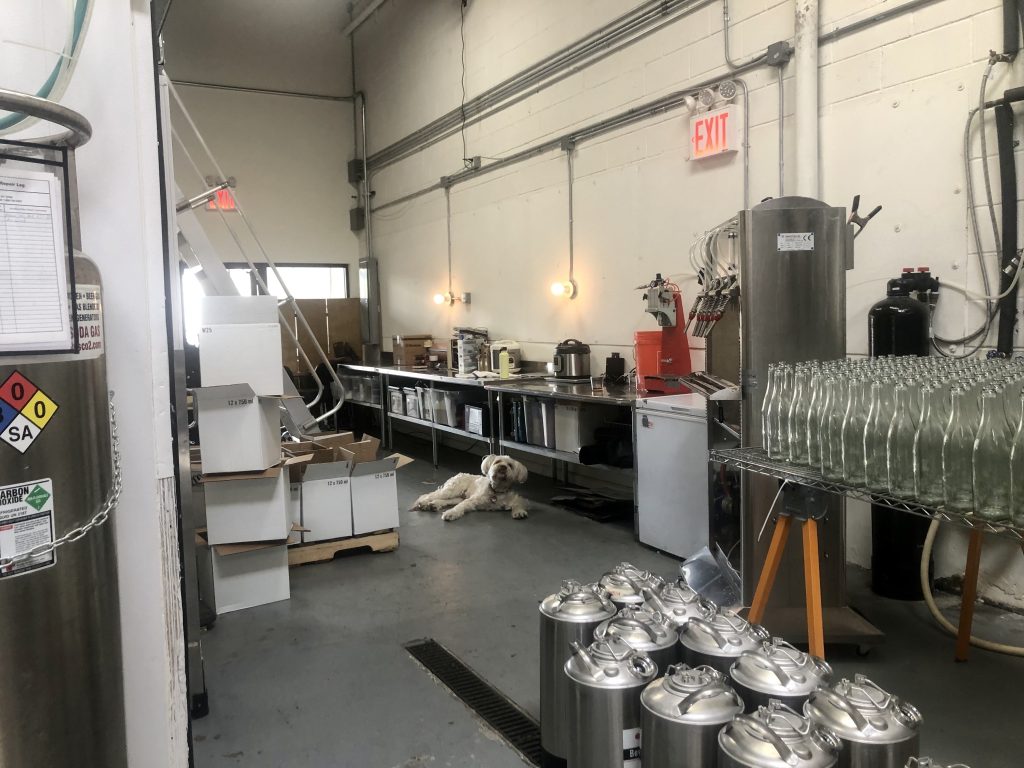
The founder even relies on a manual methodology, partly because it preserves the handmade tradition but also because she has that much love and respect for the process. From cleaning and washing the rice (which happens a day before it enters the fermentation tanks) to cooking and draining it (which happens the day it begins fermenting), Hana Makgeolli’s brewing is done manually.
Each brew is made with the same rice, an organic medium-grain white rice sourced from a family-run farm in California. It is essential, Jun explains, that the rice undergoes a healthy and thorough fermentation: “That means, for us, a complete conversion of starch to sugar and then near-to-complete conversion of sugar to alcohol.” The sugars fermenting off efficiently allow the wines to hold a drier profile, enabling the piquancy of the acetic acid and lactic acid to come through.

While the process seems technical and exhaustive, Jun excels at locating the craft and creativity within it. This shines through most apparently in her ability to flesh out rounded, complex profiles. “There is an element of artistry that comes with the nuance of flavor outside of dryness. There needs to be a balance, especially in sool because we’re relying on nuruk,” says the founder. Some of the lighter, fruitier flavors come from the fermentation process itself, like the esters, but the others are born from Jun’s creativity at utilizing botanicals (like chrysanthemum, hydrangea and hibiscus). The new iterations are, on one hand, a way for Jun to have fun with experiments, but on the other, they attest to what sool has to offer.
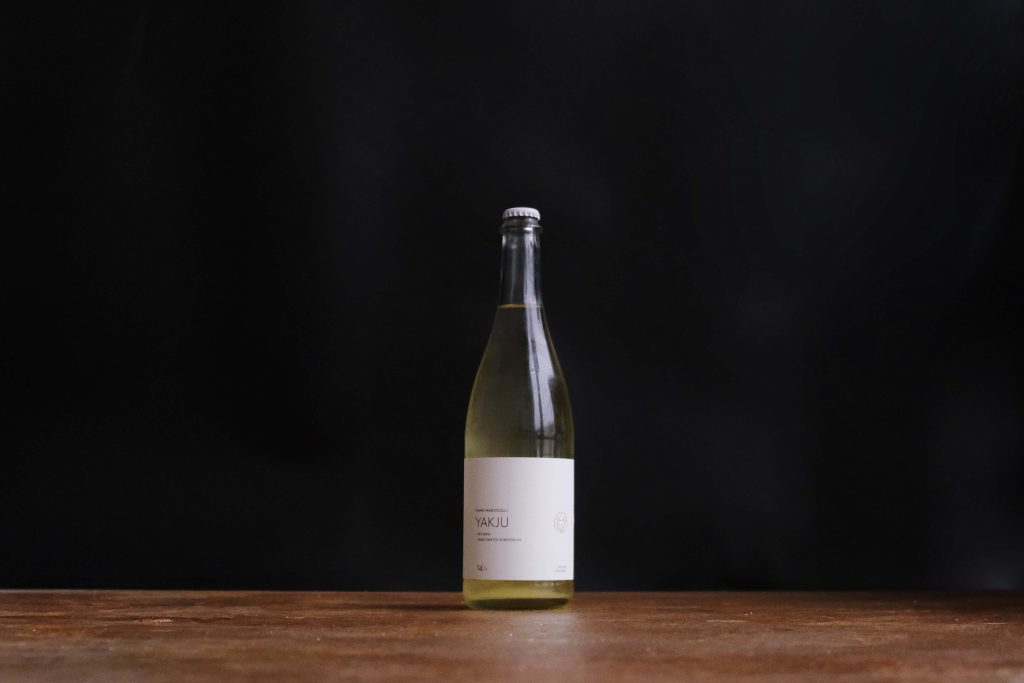
“A really cool thing about our cuvées is that it’s all made with the same rice and starter, but the flavor profile has such a range to it and that’s all driven by methodology,” says Jun. “That’s one of the points that we want to make for people, is that there is really such a complexity and depth to the category.”
Currently, Hana offers a core selection alongside different rotating ones. The core wines include their signature, TAKJU 16, a creamy, three-stage brew that uses 900 pounds of rice to create a near-dry, slightly effervescent profile with a punch of acidity. While the TAKJU 16 more closely reassembles a classic makgeolli, other rotating drinks highlight the extent to which Hana makes room for play. The OMIJA, for example, is co-fermented with schisandra berries and hibiscus for a light, subtly salty flavor.
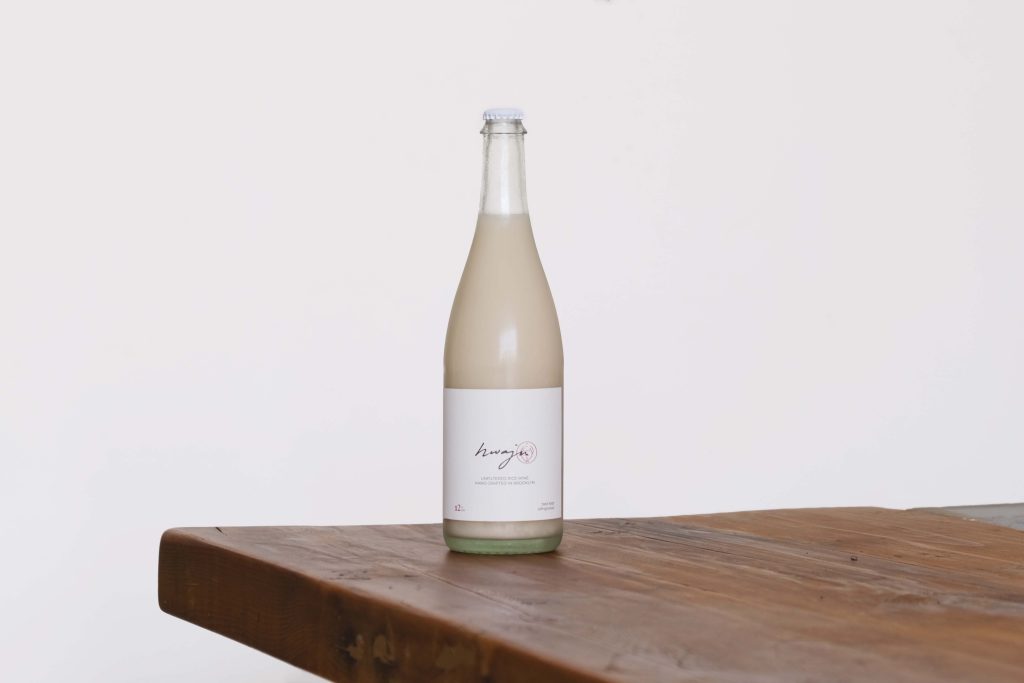
Whether visiting the tasting room (where Jun intentionally pairs her wines with a selection of Korean snacks), touring the brewery or ordering online, Hana Makgeolli offers a rare taste of Korea’s traditional sool. Their expansive and intricate offerings attest to the ancestral craft of merging science and artistry.
Hero image courtesy of Hana Makgeolli


